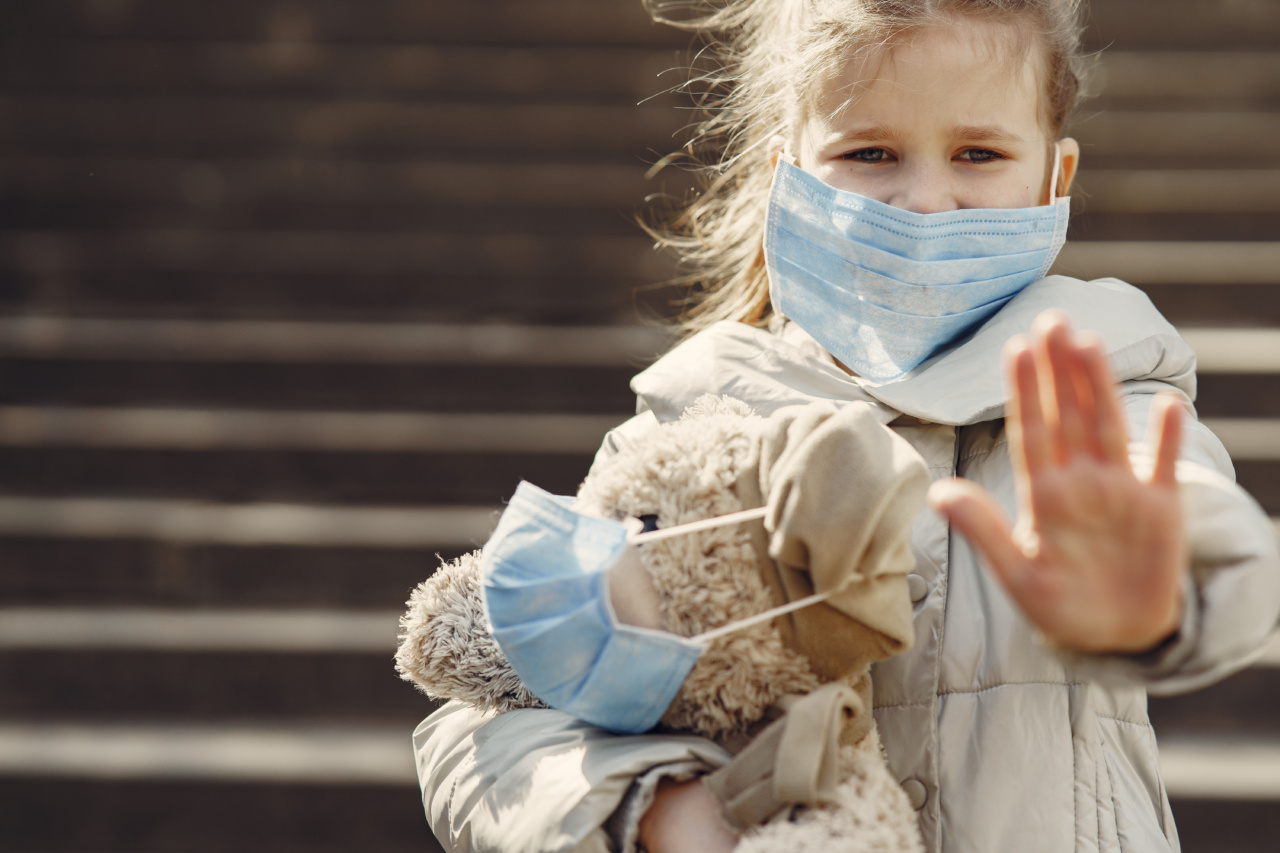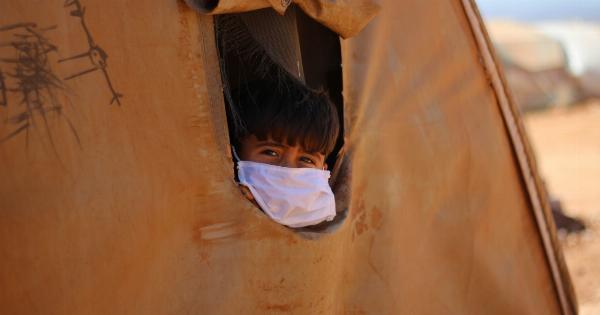As a parent, it is important to know how to effectively deal with child viruses to ensure the health and well-being of your little one. Viral infections are common in children and can range from mild illnesses to more serious conditions.
By taking practical steps to prevent the spread of viruses and manage infections, you can help your child recover faster and reduce the risk of complications. Here are some practical steps you can take:.
1. Maintain Proper Hygiene
Good hygiene practices play a crucial role in preventing the spread of viruses. Teach your child the importance of washing their hands regularly with soap and water for at least 20 seconds.
Encourage them to cover their mouth and nose with a tissue or their elbow when coughing or sneezing to minimize the spread of respiratory droplets. Make sure to also teach your child to dispose of used tissues properly.
2. Vaccinate Your Child
Vaccinations are an effective way to protect your child from many viral infections. Make sure your child is up to date with their vaccinations according to the recommended schedule.
Vaccines offer immunity against various viruses, including measles, mumps, rubella, chickenpox, and influenza.
3. Avoid Close Contact with Sick Individuals
Keep your child away from individuals who are sick, especially if they have a viral infection. Avoid crowded places, such as malls or indoor play areas, during peak flu seasons or when outbreaks occur.
Limiting exposure to sick individuals can help reduce the risk of your child contracting a virus.
4. Promote a Healthy Lifestyle
A strong immune system can help your child fight off viruses more effectively. Encourage a healthy lifestyle by providing a balanced diet rich in fruits, vegetables, whole grains, and lean proteins.
Ensure your child gets regular exercise and enough sleep to support their immune system’s functioning.
5. Clean and Disinfect Frequently Touched Surfaces
Viruses can survive on surfaces for a certain period, increasing the risk of transmission. Regularly clean and disinfect frequently touched surfaces at home, such as doorknobs, light switches, toys, and electronic devices.
Use disinfectants approved for use against viruses, following the instructions provided.
6. Practice Respiratory Etiquette
Teach your child to practice respiratory etiquette by coughing or sneezing into their elbow or a tissue. Instruct them to dispose of used tissues properly and wash their hands afterward.
By following these practices, your child can prevent the spread of viruses to others.
7. Keep Your Child at Home When Sick
If your child is unwell, it is important to keep them at home to minimize the risk of spreading the virus to others. Ensure they get plenty of rest, fluids, and appropriate over-the-counter medications to alleviate symptoms if necessary.
Consult a healthcare professional if your child’s condition worsens or if you are unsure about the severity of their illness.
8. Teach Proper Handwashing Technique
In addition to handwashing, it is crucial to teach your child the proper technique.
Guide them to wet their hands with clean water, apply soap, lather for at least 20 seconds, scrub all surfaces including between fingers and under nails, rinse thoroughly, and dry with a clean towel or air-dry. Proper handwashing can significantly reduce the risk of viral infections.
9. Support Your Child’s Emotional Well-being
Illnesses, especially those requiring isolation, can be stressful for children. Be supportive and understanding of their emotions.
Keep them engaged in activities they enjoy, connect with loved ones virtually if necessary, and maintain a positive environment at home. Emotional well-being plays a vital role in overall health and healing.
10. Seek Medical Advice when Needed
If you suspect your child has a viral infection or if their symptoms worsen, do not hesitate to seek medical advice.
A healthcare professional can provide an accurate diagnosis, recommend appropriate treatment, and offer guidance on managing the infection effectively.
Conclusion
By following these practical steps for dealing with child viruses, you can help keep your child healthy and safe. Prevention, hygiene practices, vaccinations, and healthy habits are key to reducing the risk of viral infections.
Remember, each child is unique, and their medical needs may vary. Reach out to a healthcare professional for personalized advice and guidance.































